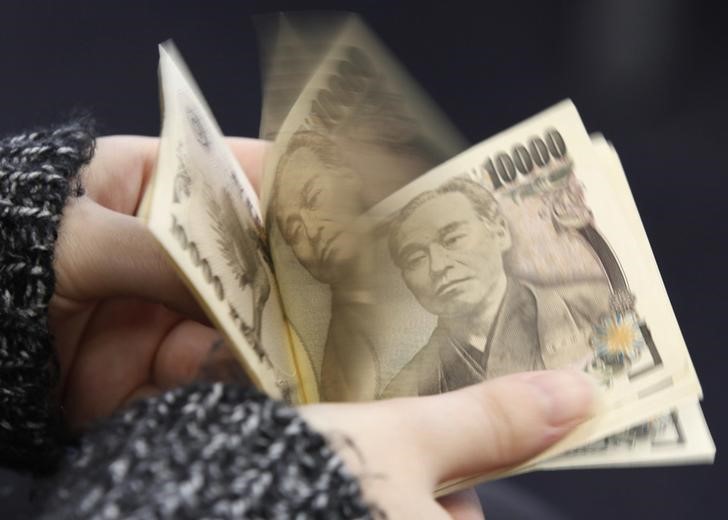Investing.com-- Japanese consumer inflation rose slightly less than expected in June, data showed on Friday, amid easing energy costs, althou
Investing.com– Japanese consumer inflation rose slightly less than expected in June, data showed on Friday, amid easing energy costs, although core inflation and a key Bank of Japan indicator remained sticky.
National consumer price index inflation grew 3.3% in June, less than expectations for growth of 3.5%, but slightly above the prior month’s reading of 3.2%- data from the Statistics Bureau showed.
Core CPI- which leaves out volatile fresh food costs- grew 3.3% in the month as expected, advancing slightly from the 3.2% seen last month.
But another core reading, which excludes both fresh food and energy prices, grew 4.2% in June, remaining close to 40-year highs hit in the prior month. The reading is an indicator of underlying inflation conditions in Japan, and is closely watched by the Bank of Japan (BOJ) in consideration for monetary policy.
Still, easing headline inflation puts less pressure on the BOJ to immediately begin tightening monetary policy and altering its yield curve control (YCC) mechanism. The bank has given scant signals that it intends to begin altering its YCC in the near-term, but has hinted at an eventual change later in the year or early-2024, as wage growth stabilizes.
While overall CPI inflation now appeared to have steadied around slightly above 3%, it still remained well above the BOJ’s 2% annual target, which is expected to eventually attract tightening measures by the central bank.
BOJ Governor Kazuo Ueda recently noted that it would take some time for inflation to hit the 2% target.
Electricity subsidies introduced by the Japanese government earlier this year were the main contributor to easing inflation in the country, as was stability in the prices of energy imports.
But food price inflation still remained elevated, with prices growing consistently through the months.
Japan’s dependence on imports was the key reason behind inflation surging to 40-year highs earlier in the year. Weakness in the yen, amid a growing gap between local and U.S. interest rates, also factored into Japanese inflation.
The yen rose 0.2% after Friday’s reading.
Get The News You Want
Read market moving news with a personalized feed of stocks you care about.
Get The App
m.investing.com
